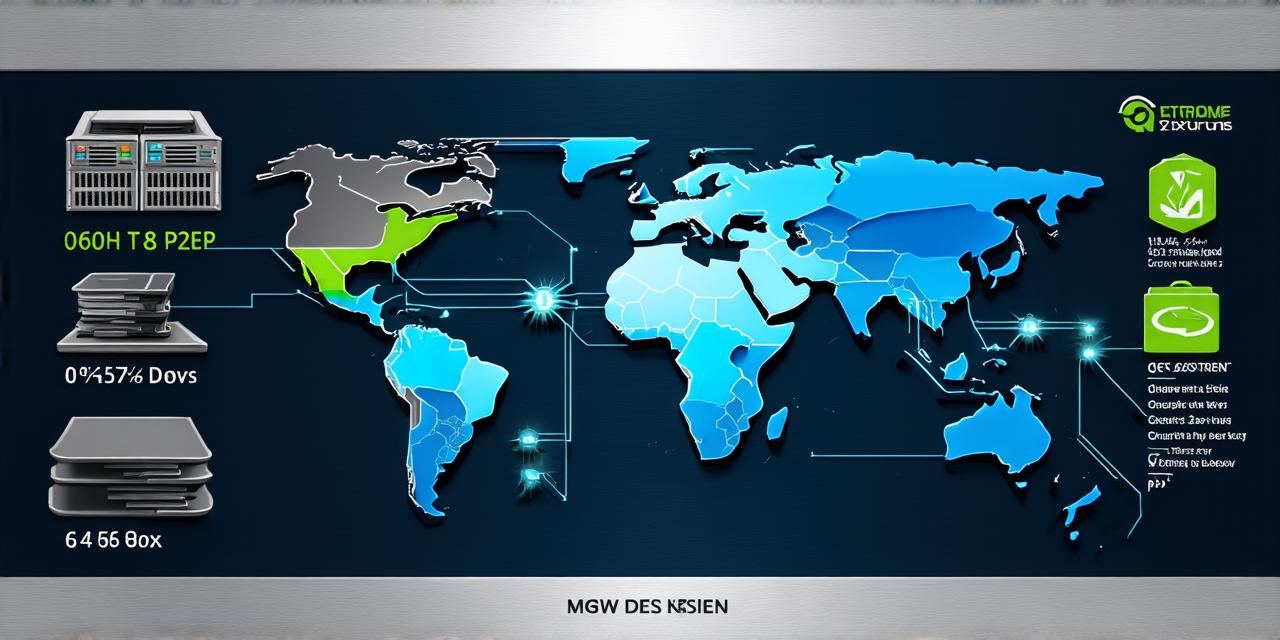As a developer, you understand the importance of creating high-quality websites that are fast, reliable, and secure. But, what good is a website if it’s not accessible to your audience? This is where web hosting comes in – a crucial component of every website that ensures it’s always available for users to access.
What is Web Hosting?
Web hosting refers to the process of storing your website files on a server, which makes them accessible to users. The server is typically provided by a third-party provider called a web host. The web host provides you with space and resources on their server to store your website files, including HTML, images, videos, and other media.
Types of Web Hosting Services
There are several types of web hosting services available, each with its own set of features and advantages. Here are some of the most common types:
- Shared Hosting: This is the most affordable option for small businesses or personal websites. With shared hosting, your website files are stored on a server that’s also used by other websites. This means you share resources such as disk space, bandwidth, and CPU power with other websites.
- VPS Hosting: Virtual Private Server (VPS) hosting is a more advanced option that provides you with your own virtual server, including its own operating system and resources. This means you have more control over your website’s environment and can configure it to suit your needs.
- Dedicated Hosting: With dedicated hosting, you have access to an entire physical server, which is dedicated solely to your website. This provides you with the highest level of performance and security, as well as complete control over your website’s environment.
- Cloud Hosting: Cloud hosting uses a network of servers located in data centers around the world to store and serve your website files. This provides scalability and reliability, as well as high availability, as your website can be accessed from anywhere in the world.
Choosing the Right Web Hosting Service
When choosing a web hosting service, it’s important to consider your website’s specific needs and requirements. Here are some factors to consider:
- Website Traffic: If you expect high levels of traffic to your website, you will need a hosting service that can handle the increased load. Shared hosting may not be sufficient for large websites, while dedicated hosting or cloud hosting may be better options.
- Website Complexity: The complexity of your website’s code and functionality can also affect your hosting needs. If your website requires advanced features such as databases or content management systems, you may need a more powerful hosting service that can handle the additional resources required.
- Security Needs: Security should always be a top priority when choosing a web hosting service. Look for a provider that offers advanced security features such as SSL certificates, firewalls, and intrusion detection systems.
- Customer Support: Good customer support is essential when dealing with any technical issues that may arise. Look for a provider that offers 24/7 support via phone, email, or live chat.
Optimizing Your Website for Search Engines
In addition to choosing the right web hosting service, optimizing your website for search engines is also important for attracting and retaining visitors. Here are some tips:
- Use Keywords: Keywords are words or phrases that users enter into search engine queries to find relevant websites. Incorporate relevant keywords into your website’s content, meta tags, and URLs to improve its visibility in search engine results pages (SERPs).



